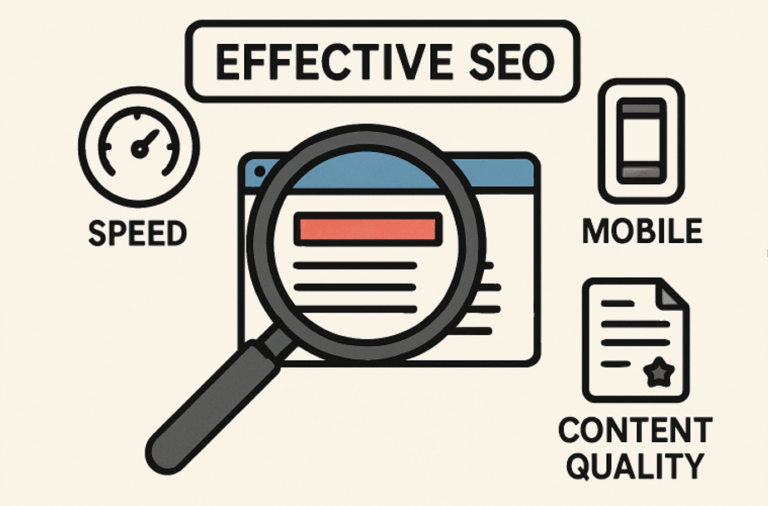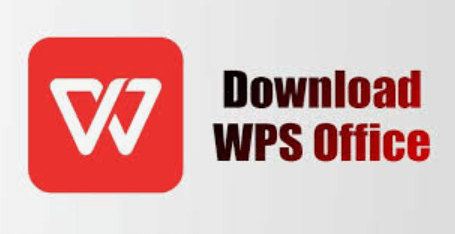White Label SEO Services for Agencies Accelerate Client Growth with Expert Solutions
White label SEO services allow agencies to offer SEO solutions to their clients without needing to build or manage an in-house team. These services handle the technical work, reporting, and strategy behind the scenes, enabling agencies to focus on client relationships and business growth. This approach helps agencies scale their offerings efficiently while maintaining control over their brand experience.
By partnering with a white label SEO provider, agencies gain access to expert support and proven strategies without the overhead of hiring specialists. This model reduces operational costs and accelerates service delivery, making it easier to expand service portfolios and increase recurring revenue.
Agencies benefit from transparent reporting and customizable solutions tailored to different levels of expertise. This flexibility supports agencies ranging from startups to established firms, helping them boost client results and compete in a crowded market.
Understanding White Label SEO Services for Agencies
White label SEO services for agencies offer comprehensive SEO solutions without developing expertise internally. This approach involves partnering with external providers who deliver the technical work, while the agency maintains client relationships and branding.
This setup streamlines service delivery, reduces overhead, and expands agencies’ offerings efficiently.
Definition and Core Concepts
White label SEO refers to a partnership where one agency outsources SEO tasks to a third-party provider. The provider executes SEO activities, but the services are branded under the hiring agency’s name. This allows agencies to resell SEO without handling the technical workload in-house.
Core SEO services typically include on-page optimization, technical audits, content creation, backlink building, and local SEO. White label SEO is also known as SEO reselling.
The main purpose is to help agencies scale their services by offering SEO expertise without investing in hiring or training new staff internally.
How White Label Partnerships Work
In a white label partnership, an external SEO company performs the optimization work while the agency focuses on client communication. The agency provides the client-facing brand and handles sales and reporting.
Providers usually offer customizable, branded reports so agencies can demonstrate results without revealing the third-party involvement. Communication channels between agency and provider are critical for aligning strategies and client goals.
The partnership model can be flexible, ranging from specific task outsourcing to fully managed SEO solutions. This allows agencies to integrate services based on their capacity and client needs.
Key Benefits for Digital Agencies
White label SEO helps agencies expand service offerings without hiring an in-house SEO team, reducing operational costs. It enables agencies to remain competitive by providing high-quality SEO services through expert providers.
Agencies benefit from faster scaling because they avoid the delays involved in building internal capabilities. Branded reports and seamless client management maintain professionalism and client trust.
Additional advantages include access to the latest SEO tools and strategies through the provider, improving client outcomes while freeing agency resources for other growth activities.
See also: Environmental Impact Statement EIS Explained: Key Insights and Procedures
Choosing and Managing White Label SEO Providers
Selecting the right provider requires careful analysis of expertise, tools, and communication. Once chosen, a clear workflow and regular updates help ensure alignment. Maintaining quality and transparent reporting keeps client expectations on track.
Criteria for Selecting a Provider
Agencies should prioritize experience and proven results in white label SEO services. It’s important to review case studies, client testimonials, and service offerings tailored to various industries.
Access to advanced SEO tools, like keyword research and competitive analysis platforms, is a key factor. Providers with scalable packages enable agencies to expand services smoothly.
Transparency in pricing and turnaround times is critical to avoid surprises. Agencies must assess if the provider’s capabilities align with their brand identity and client demands.
Implementation Workflow and Client Communication
Defining a structured workflow reduces confusion and streamlines project execution. Agencies need clear task delegation, timelines, and approval processes accessible to both teams.
Regular communication channels, such as weekly calls or shared dashboards, maintain client involvement without exposing the backend provider. White label reports should reflect the agency’s branding and be easy to understand.
Setting expectations up front about deliverables and milestones avoids misalignment. Agencies should also clarify procedures for handling revisions or unexpected issues to maintain client trust.
Quality Assurance and Reporting
Consistent quality checks ensure SEO outputs meet agreed standards. Providers often implement multi-stage reviews for content accuracy, keyword integration, and technical SEO factors.
Reporting should focus on meaningful metrics like keyword rankings, organic traffic growth, and conversion data. Branded, customizable reports help agencies demonstrate value and retain clients.
Timely, transparent updates reduce confusion and facilitate data-driven decisions. Agencies must confirm that white label providers use reliable analytics tools to maintain report accuracy.






